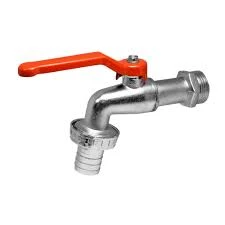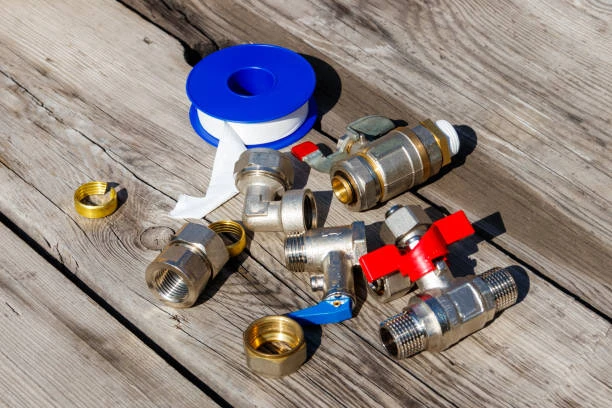
Introduction
Brass bibcock ball valves are essential components in plumbing systems, providing efficient control over water flow. Known for their durability and reliability, these valves are widely used in both residential and commercial applications. This guide will explore the features, benefits, and applications of brass bibcock ball valves.
Features of Brass Bibcock Ball Valves
- Durable Brass Construction
Made from high-quality brass, these valves are resistant to corrosion and wear, ensuring a long lifespan even in harsh conditions. - Ball Valve Mechanism
The ball valve design allows for quick and precise control of water flow, with a simple quarter-turn operation to open or close the valve. - Versatile Sizes
Available in various sizes, brass bibcock ball valves can easily fit into different plumbing setups.
Benefits of Using Brass Bibcock Ball Valves
- Efficient Water Control: The ball valve mechanism provides reliable shut-off capabilities, preventing leaks and water wastage.
- Longevity: Brass construction ensures that the valve can withstand extreme temperatures and pressures, making it suitable for a range of applications.
- Ease of Use: The simple design makes it easy for anyone to operate, reducing the risk of user error.
Applications of Brass Bibcock Ball Valves
- Garden and Outdoor Use: Ideal for controlling water flow to hoses, irrigation systems, and outdoor taps.
- Residential Plumbing: Commonly used in homes for water supply lines, providing reliable shut-off options for maintenance.
- Industrial Applications: Suitable for various industrial settings where precise water control is essential.
Installation Guidelines
- Choose the Right Size: Ensure that the valve matches your plumbing system’s requirements.
- Installation Steps:
- Turn Off the Water Supply: Always start by shutting off the main water supply.
- Connect the Valve: Use Teflon tape and proper tools to securely attach the valve to the water line.
- Test for Leaks: After installation, turn the water supply back on and check for leaks around the connections.
Maintenance Tips
- Regular Inspections: Periodically check the valve for signs of wear or leaks, particularly around the handle and connections.
- Cleaning: Keep the valve clean to prevent buildup of debris or minerals that could affect performance.
- Proper Usage: Avoid over-tightening the handle to prevent damage to the valve mechanism.
Conclusion
Brass bibcock ball valves are an excellent choice for anyone looking for reliable water control solutions. Their durable construction and efficient design make them suitable for various applications, from home plumbing to outdoor gardening.
FAQs
1. Are brass bibcock ball valves safe for drinking water?
Yes, brass ball valves are typically safe for potable water, but it’s best to check for specific certifications.
2. How do I maintain my brass ball valve?
Regularly inspect and clean the valve to prevent leaks and ensure longevity.
3. Can I install a brass bibcock ball valve myself?
Yes, with basic plumbing skills, you can easily install it by following the proper guidelines.
4. What sizes are available for brass bibcock ball valves?
These valves come in various sizes, commonly ranging from ½ inch to 2 inches.
5. What should I do if my valve starts leaking?
Inspect the connections for tightness and consider replacing the valve if the problem persists.















